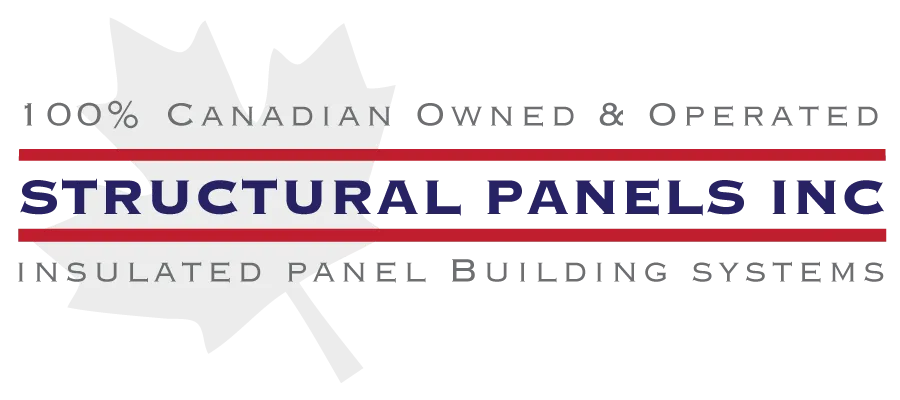According to industry reports, the modular construction sector was valued at about $70 billion in 2019 – but it’s growing and it’s only expected to increase moving forward. In fact, by the year 2027, the sector is expected to climb to about $107 billion – marking a significant year-over-year increase as more owners demand it and more construction companies take the necessary steps to comply.
What is modular construction? It involves constructing a building or part of a building off-site in a fab shop under controlled conditions and then transporting it to and installing it on site once it is finished or ready. From ceiling tiles to structural insulated panels, everything is built off-site in these controlled conditions.
But just why is modular construction trending upwards? There are several reasons, which we’ll get into in the next section:
Benefits of Modular Construction
Let’s take a look at some of the benefits of modular construction and why both owners and builders are beginning to prefer incorporating some element of prefabrication into their operations:
It’s Cheaper and Faster
Time to market is still one of the biggest challenges in construction. Owners want their buildings constructed quickly so that they can begin to make money off of them faster – and construction companies are forced to uncover ways to accelerate schedule without sacrificing quality, all while staying on budget. That’s where modular construction can come in particularly useful. In fact, some estimates indicate that modular construction offers up to a 20 percent cost savings versus conventional construction methods, while also being anywhere from 20 to 50 percent faster. When it comes to staying on budget and on schedule, modular is a viable option to ensure a quality end project and a satisfied owner.
It’s Flexible
One of the factors that’s causing an upward trajectory in modular construction is the COVID-19 pandemic. Considering labor shortages that were accentuated due to the pandemic, many companies turned to modular as it allowed workers to build more with less. Additionally, the flexible nature of modular permits the build of portable spaces to help schools, businesses and other venues better comply with social distancing guidelines.
Additionally, part of the flexibility involved with building modular has to do with the high level of customization it permits.
Structural Insulated Panels and Other Materials are Widely Available
In addition to labor shortages, and cost and budget challenges that are disrupting the construction industry, there are also supply chain issues that construction firms have to manage. That’s where modular building can also come in handy. Since construction takes place off-site and in a controlled environment, firms don’t have to schedule deliveries just in-time out of fear that there’s nowhere to store excess materials. With construction taking place in fab shops, supply chain issues are better able to be managed by ordering the structural insulated panels and other materials in larger shipments and storing what’s not used for future use.
Contact Us Today
For more information on modular construction and the structural insulated panels that are used in many modular builds, contact us today. With owner interest increasing, it’s likely only a matter of time before your next proposal incorporates some element of modular. Contact us today for more information and to source your structural panels.



